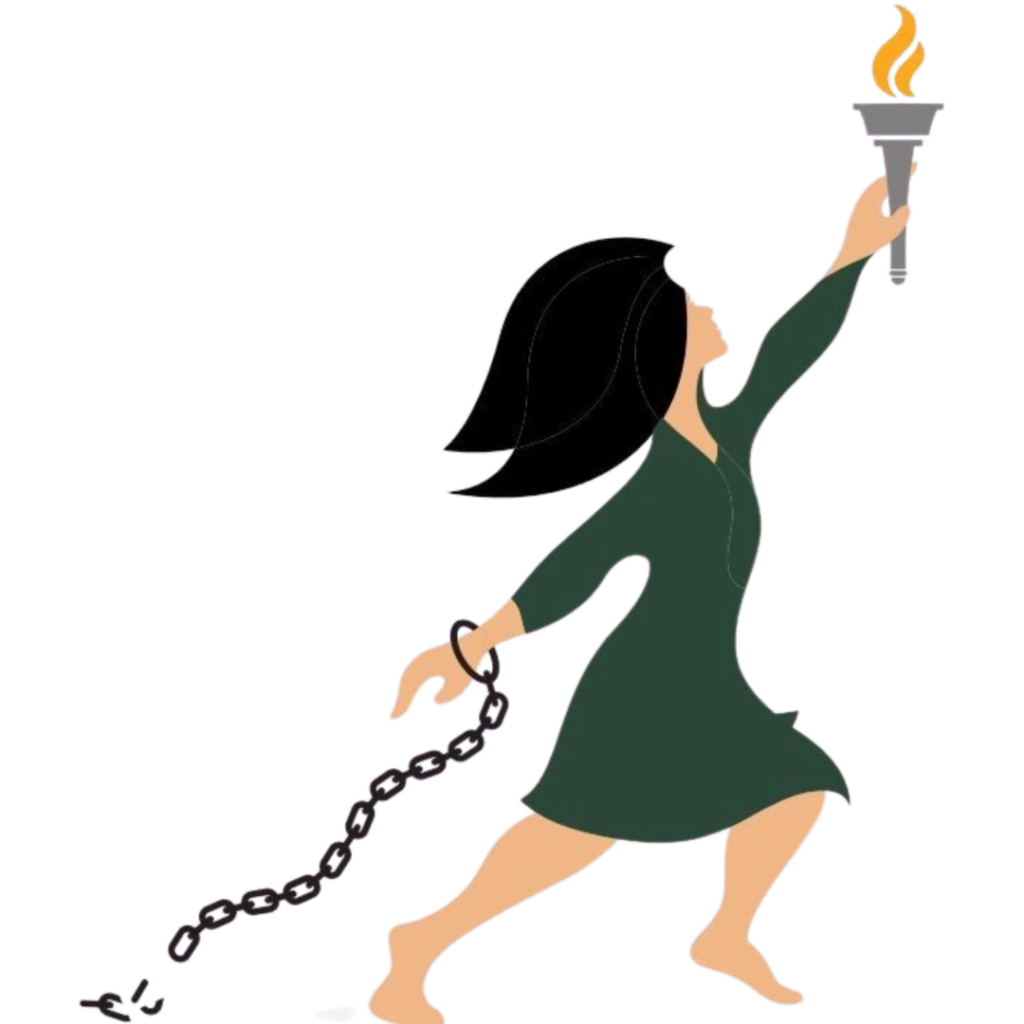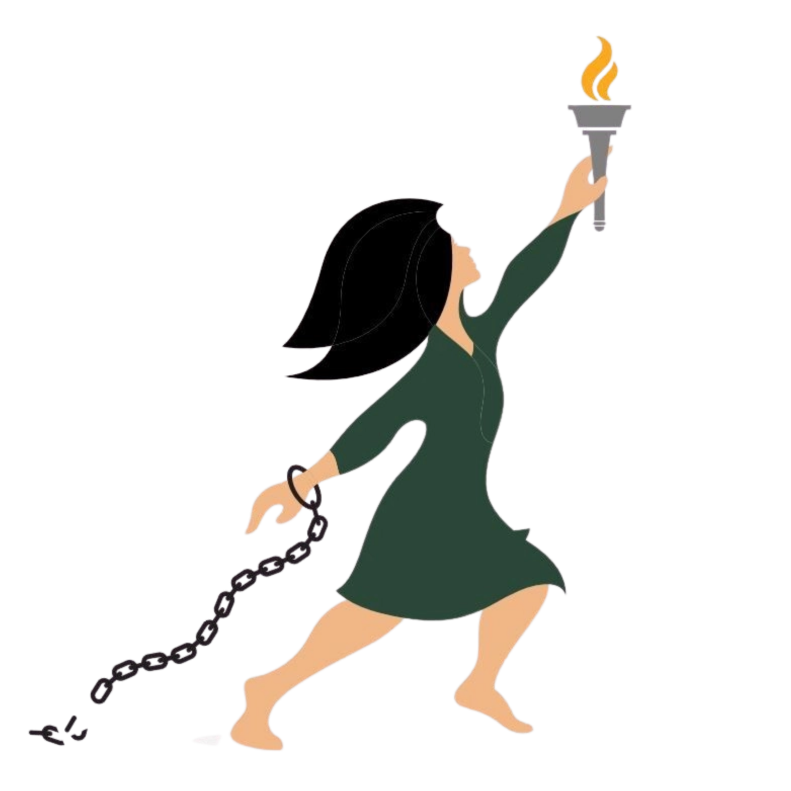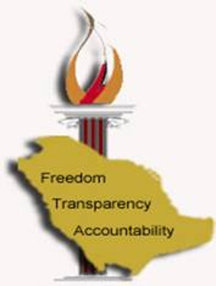In response to unprecedented enquiries about and interest in Saudi Arabia after Al-Qaeda assassins’ attack on the U.S. on September 11, 2001 (9/11), Ali Alyami (of Saudi origin) reached out to a group of human rights and democracy advocates to discuss potential venues to respond to the voluminous inquiries from businesses, officials, media, interest groups and public institutions. Thus, the educational Washington-based Center for Democracy and Human Rights in Saudi Arabia, CDHR, was founded in 2004.
Mission Statement:
Founded in Washington, DC, in 2004, the Center for Democracy and Human Rights in Saudi Arabia (CDHR) is an independent, nonsectarian, non-profit educational 501 (c) 3 organization. CDHR promotes reform based on gender equality, religious freedom, freedom of expression, accountability, and transparency under a pluralistic rule of law. Given Saudi Arabia’s geographic, religious, and economic influence, it plays pivotal roles on the international stage. A pluralist Saudi Arabia is in the best social, economic, political, and national security interests of its people, the United States, and the world.
What We Do:
CDHR was established to provide authentic current and historical information and analysis about the Saudi dynasty’s fanatical doctrine, domestic and external policies, and its relations with regional and global states, specifically the U. S., whose multinationals and Corps of Engineers not only discovered massive oil reservoirs under the sands of Arabia, but basically built the infrastructure of the Saudi state from the ground up.
CDHR gathers information from a wide range of sources about events in Saudi Arabia, analyzes and interprets their impact on society, the region, and the international community. The inimitable information CDHR produces is disseminated to policy makers, the public, media, educational institutions, and a variety of non-governmental organizations worldwide. The information is widely dispersed via a newsletter, website, Facebook and Twitter accounts. CDHR organizes thought-provoking public discussions and proposes incremental political reforms to empower the politically-savvy and aspiring generations of modern-thinking youth, which constitute about 70% of the population.
CDHR promotes:
-Support for all political reformers and their non-violent advocacy for political participation by all citizens. Release of all conscientious prisoners and end cruelty due to kinship.
– Establishment of and adherence to the democratic rule of law, civil society, freedom of worship and expression, transparency, accountability, minority rights, empowerment of women, humane treatment of migrant workers, compliance with and implementation of all international declarations on human rights.
-A pluralist society without which domestic repression, regional volatility and conflicts will likely intensify. The ruling family’s survival has relied on domestic repression, regional conflicts, and instability. This is augmented by the rulers’ cunning ability to play substantial strategic, economic, and religious roles regionally and globally. Paradoxically, their economic partnership with western democracies, especially the U.S., has perpetuated their influence and survival.
-Continuity of CDHR’s resolute advocacy for a pluralistic system to replace the 300-year-old misogynistic sectarian Saudi system. The ruling family and its religious establishment created an absolute religious-based system before they declared the establishment of their state in 1932. They interpret and use portions of Islamic texts to legitimize their domination, justify their behavior and maintain absolute domination by sheer force.
Issues:
Religious Freedom
-The right to believe or not is not only a basic human right, but the key to social harmony, tolerance of the other and rejection of bigotry and inequality based on one’s religious orientation.
Women’s Rights
-Gender equality is not only a prerequisite for social, political, economic and scientific progress, but for a stronger and forward-looking population, fundamental social cohesiveness, national stability and inclusive harmony. The fallout of oppressing and marginalizing women has caused unspeakable damage to Saudi (and Arab in general) societies for decades and centuries. CDHR has played and will continue to play a significate role in exposing institutionalized cruelty against women in Saudi Arabia.
Minorities’ rights
Even though Saudi society consists of religiously and ethnically diverse Muslims, the majority of whom are the progressive Sufis of the Hijaz region (the southwest) and the Shi’a of the oil-rich eastern region, there are many Ismaelis (an offshoot of Shi’ism) in the historic southern region of Najran, as well as Ahmadis and other smaller factions of religious minorities in different parts of the country. Despite this, the Saudi dynasty and its extremist ruling partners declared their dogmatic brand of Sunni Islam as the state’s religion. Citizens who are non-adherent to official Saudi dogma are considered heretics and renegades. This remains the case, despite the recent announcement by the de facto ruler, MBS, of returning to tolerant Islam; all non-Sunni minorities are economically, socially and politically discriminated against.


